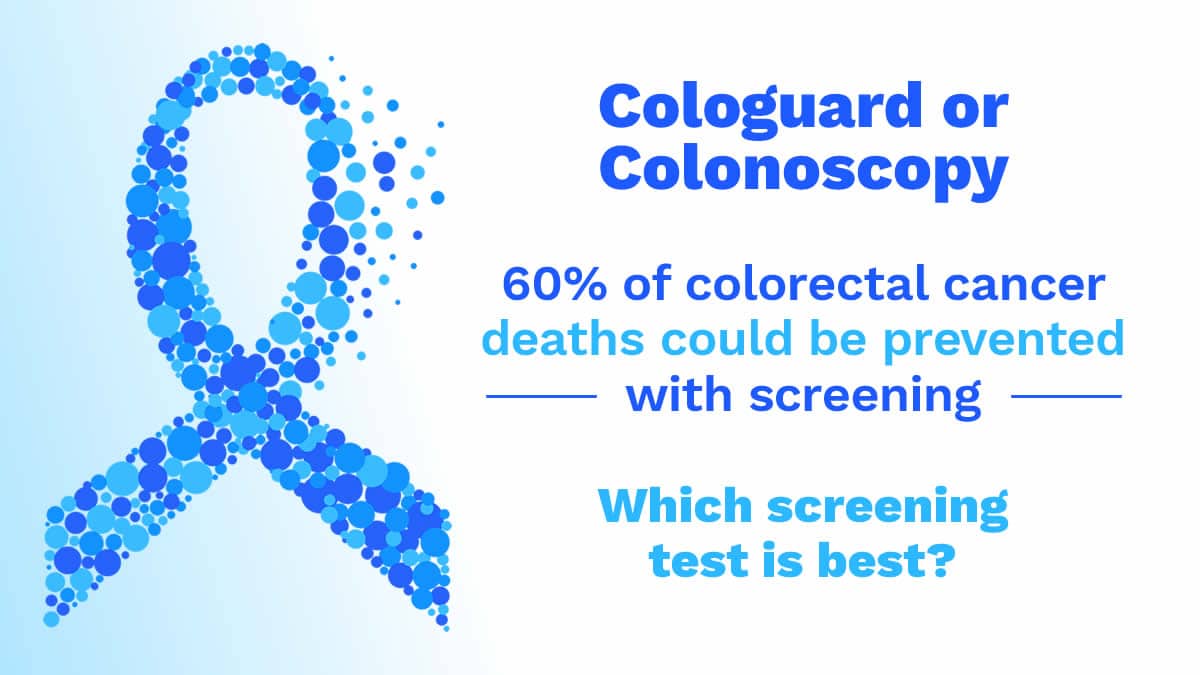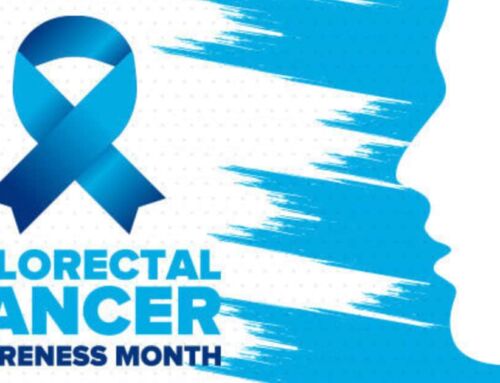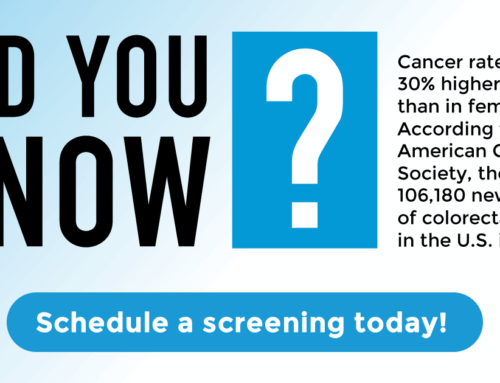For most colon cancer screening has always been synonymous with a colonoscopy procedure. Other screening test options have been available for years, but not until recently have the colon cancer home tests received so much attention due to increased consumer advertising.
As a result of the ads, several patients have been asking if colon cancer home tests are a viable option to screening option. These questions prompted my interest in writing this article to better educate on the pros and cons of various screening options.
As a gastroenterologist in San Antonio, a focus of my practice is to increase the participation rates of those getting screened for this preventable cancer in our community. If the at home test options get those 50+ years of age in San Antonio that have not had a colonoscopy to receive a screening for colon cancer… then I’m all for it.
TIP: Colon cancer is one of the most treatable cancers when detected in its early stages. Discuss with your doctor when you should begin screening for colon cancer based on your age, ethnicity, medical & family history. Typically this screening begins around age 40-50.
Colon Cancer Home Tests
I’m going to cover the top 3 FDA approved colon cancer home tests in this analysis. If you have an interest in any of these screening options, please discuss them with your GI doctor to learn if they are a good option for you. For example, those with a family history of colon cancer or polyps would not be a good candidate for the colon cancer home tests. Your doctor will be able to confirm the best testing option specifically for you based on your health and medical history.
1. Cologuard – This is the most widely known of these at home testing options due to their Super Bowl and other TV ads. Cologuard is a noninvasive, stool DNA collection kit sent by mail to their testing lab. Results take about 2 weeks. This test screens for colon cancer by testing for hemoglobin biomarkers in your stool relating to colon cancer and precancerous polyps.
- Cologuard detects 92% of cancers and 69% of high-risk precancerous polyps.
- No dietary restrictions or bowel preparations are needed for this test.
- It’s recommended to take this test annually.
Patients need to be aware this test can produce false positive and false negative results for colon cancer and precancerous polyps. This means Cologuard produces a positive result and then when the patient goes in for a colonoscopy there are no cancer or precancerous polyps detected. The same goes for false negative results. The Cologuard results come back negative for a patient and the colonoscopy finds colon cancer and precancerous polyps. It’s a good test, but like all tests, you need to be aware of its limitations.
For this colonoscopy alternative, you will need to fill out a form for your doctor to order this test.
More than 85% of patients have no out-of-pocket cost for Cologuard screening and is covered by Medicare and most insurances for eligible patients. Contact your insurer to confirm your eligibility for Cologuard.
2. Fecal Immunochemical Blood Test (FIT) – The FIT test looks for occult (hidden) blood in your stool which can help identify if you have any precancerous
polyps or cancer.
- According to the National Institutes of Health, published results for FIT are that it accurately detected colon cancer 79% of the time.
- No laxatives or special diets are required for the FIT test.
- It’s recommended to take this test annually.
FIT only tests for human blood in your stool sample that can be caused by colorectal cancer. This test reacts to human hemoglobin protein, which is found in the red blood cells. This is beneficial because it doesn’t pick up on other types of blood that may be in your digestive system from your diet like red meat.
About 20% of the time a FIT test didn’t detect the cancer in a patient. This is because FIT can’t detect a precancerous polyp or tumor that is not actively bleeding. So for your FIT to be successful, you have to send in multiple stool sample.
FITs can be found online for relatively inexpensive, or your doctor can order a test for you. Most FIT tests are covered by insurances, but you should first check your insurer to confirm.
3. Fecal Occult Blood Test (FOBT) – Similar to FIT, the FOBT is another noninvasive stool test kit for colon cancer that requires samples from three different bowel movements. At my San Antonio GI practice we use a FOBT test by Consults Diagnostics although there are other options for this test.
- FOBT uses a plant-based paper called guaiac which allows for early detection of even smaller amounts of blood in the stool.
- Consults Diagnostics FOBT test show results in just 30 seconds, but compliance to test all 3 bowel movements is important.
- It’s recommended to take this test annually.
These tests are highly sensitive to blood in the stool so your doctor might advise you to discontinue NSAIDs such as ibuprofen, naproxen, or aspirin as these drugs may cause intestinal bleeding. Vitamin C supplements, fruit, and fruit juices can affect the chemicals in these tests causing a false negative. Foods like red meat can cause a false positive in your stool sample, so you would want to avoid those types of food as well.
You can order Consults Diagnostics FOBT and it will be shipped to your door for convenience. Contact your insurance for eligibility for FOBT coverage.
Best Colon Cancer Screening Test/Exam
The gold standard colon cancer screening exam is colonoscopy. This is because colonoscopy is the only screening test that allows your doctor the ability to both detect AND remove polyps in the same exam. To learn more about this screening, please visit my colonoscopy web page.
If a home test indicates a positive result, you will then need to have a colonoscopy to confirm the test results and remove any polyps that exist. Be aware that most insurance companies have a cancer screening provision in them that covers some screening tests at up to 100%. If your colonoscopy is a screening test it can fall under this provision and may be 100% covered by your insurance. However, if you do a home colon cancer screening test first and it comes back positive, then the colonoscopy will be considered “diagnostic” by your insurance company, not screening, and they typically won’t cover as much of the cost. Discuss this with your individual insurance carrier prior to picking a screening exam if you have questions.
Are Colon Cancer Home Tests Worthwhile?
I am a fan of anything that can increase colon cancer prevention and detection in my community. About 20 million Americans over age 50 do not get tested for colon cancer each year. I still see way too much colon cancer that could have been prevented. I do recommend colonoscopy to my patients as the preferred screening exam as I trust the results much more. But which ever screening method you choose- Cologuard, FIT or colonoscopy- choose something, don’t let the polyp or cancer go undetected. Don’t let yourself become a statistic with something as preventable as colon cancer.






